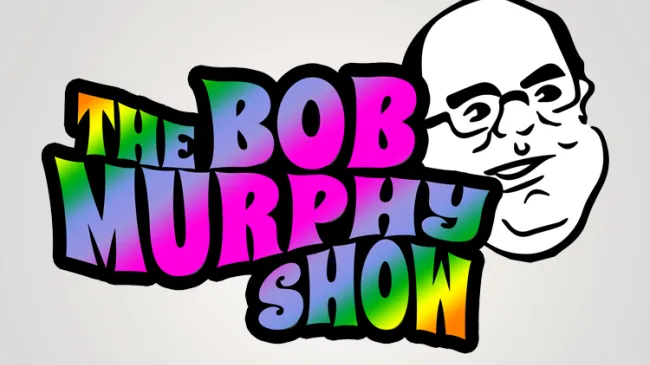We’re Headed toward Stagnation—Unless the Fed Reins In Its Money Printing
Eventually, loose monetary policy will damage real savings to the point that the economy can no longer sustain sufficient economic growth. At that point, it will become clear that money printing can't create economic growth.









